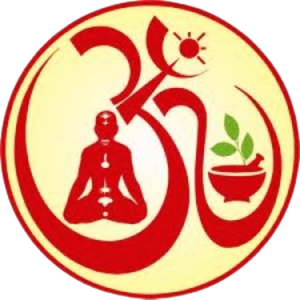The Ayurveda studies the physical and psychic behavior of people and prescribes ways for them to synchronize with their environment so as to live happy, healthy and inspired lives.
Much emphasis in Ayurveda is given to diet, following the cycles of the seasons, getting up before dawn, massage and other useful practices for enriching life. Information dealing with diseases, their diagnosis and cures also exist within Ayurveda.
The term Ayurveda comes from the Sanskrit terms "Ayu" meaning "life" and "Veda" meaning "knowledge". The literal translation of "Ayurveda" is "knowledge of life" or "right living". This Ayurveda knowledge is grounded in the Vedic scriptures, which date back to 3000 B.C. It was also strongly influenced by the Tantric traditions.
The aim of this system is to prevent illness, heal the sick and preserve life. This can be summed up as follows:
Much emphasis in Ayurveda is given to diet, following the cycles of the seasons, getting up before dawn, massage and other useful practices for enriching life. Information dealing with diseases, their diagnosis and cures also exist within Ayurveda.
The term Ayurveda comes from the Sanskrit terms "Ayu" meaning "life" and "Veda" meaning "knowledge". The literal translation of "Ayurveda" is "knowledge of life" or "right living". This Ayurveda knowledge is grounded in the Vedic scriptures, which date back to 3000 B.C. It was also strongly influenced by the Tantric traditions.
The aim of this system is to prevent illness, heal the sick and preserve life. This can be summed up as follows:
To protect the health and prolong life ("Swasthyas swasthya rakshanam")
To eliminate diseases and dysfunctions of the body ("Aturasya vikar prashamanamcha")
Awareness about preservation as well as the promotion of positive health by default leads to the prevention of much-dreaded diseases.
-Vaidyaraj Acharya Balkrishnaji Maharaj

